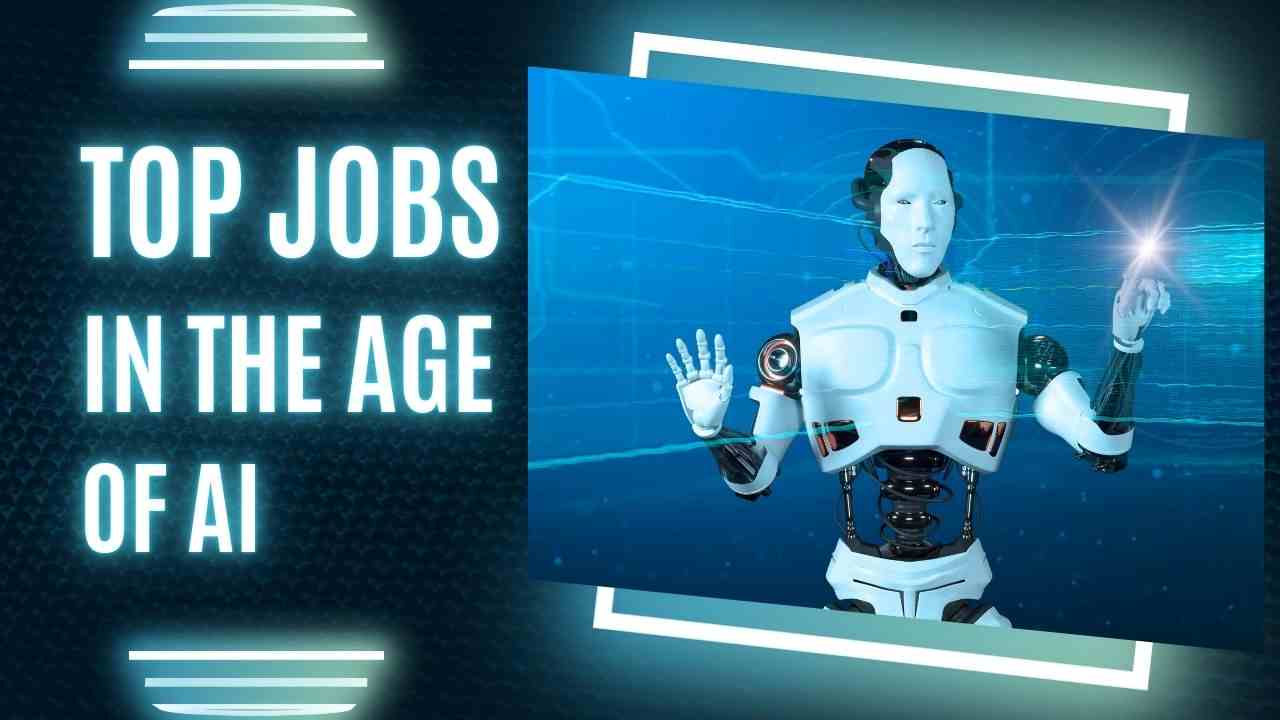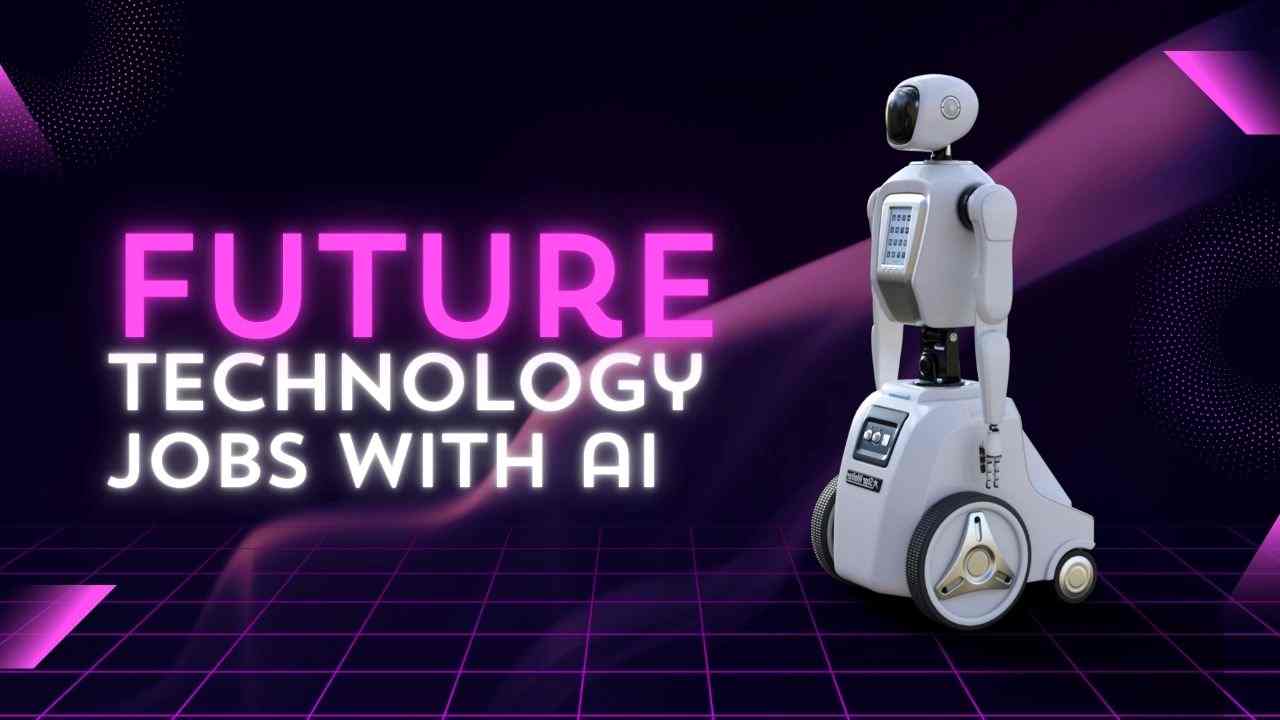The world of work is changing fast. Thanks to artificial intelligence (AI), automation, and smart machines, some jobs are disappearing — but many new ones are popping up too. The good news? If you’re thinking about your career path, there are still plenty of great options that won’t be replaced by robots anytime soon.
In fact, some jobs are growing because of AI. In this guide, we’ll walk you through future-proof careers — the ones that are likely to thrive no matter how smart our machines get.
Let’s make it simple, helpful, and (most of all) human.
🚀 What Makes a Job “Future-Proof”?
Not all jobs are safe from automation. But some are more “robot-resistant” than others. Here’s what future-proof jobs usually have in common:
- They require creativity or emotional intelligence
- They involve people skills or personal judgment
- They need complex decision-making
- They adapt with technology instead of being replaced by it
Now, let’s look at some of the top future-proof jobs and why they matter.
🧠 1. AI & Machine Learning Specialists
Yep — working with AI is one of the best ways to stay relevant.
What they do:
- Train machines to recognize patterns
- Build smart systems that solve problems
- Improve algorithms that power apps, robots, and more
Skills needed:
- Coding (especially Python or R)
- Math and data analysis
- Curiosity about how machines learn
Real-world example:
Think of the Netflix algorithm that recommends shows based on what you watch. There’s a machine learning engineer behind that!
💬 2. Healthcare Professionals
Even with AI helping diagnose illnesses, we’ll always need human care.
In-demand roles:
- Nurses
- Mental health therapists
- Physical therapists
- Geriatric care specialists
Why it’s future-proof:
- These jobs rely on compassion, communication, and human touch
- The aging population means rising demand
Quick tip: If you’re looking for a stable, meaningful job, healthcare is a great bet — with or without a medical degree.
🎨 3. Creative Professionals
Robots can write basic reports and design logos, but they still can’t match the spark of real human creativity.
Future-proof creative jobs:
- Graphic designers (especially UX/UI focused)
- Video producers and animators
- Copywriters and content creators
- Marketing strategists
What makes them stand out:
- The ability to tell stories, build brands, and connect emotionally with people
Real-world example:
An AI can create art, but it takes a human to design a campaign that inspires action — like Nike’s famous “Just Do It.”
📊 4. Data Analysts and Data Scientists
AI creates tons of data. But we still need people to make sense of it.
What they do:
- Find trends in data
- Help businesses make smart decisions
- Spot problems before they happen
Bonus:
- Almost every industry needs data experts — from sports teams to fashion brands to hospitals
Fun fact: Walmart collects 2.5 petabytes of data every hour. That’s like watching Netflix non-stop for 100,000 years!
🛠️ 5. Skilled Trades (Yes, Seriously!)
Not everything can be done by software. Electricians, plumbers, and HVAC technicians are still very much in demand.
Why it’s smart:
- These jobs are hands-on and hard to automate
- They pay well and often don’t require a 4-year degree
Real-world example:
Try asking a robot to crawl under a house to fix wiring — not happening anytime soon.
🌐 6. Cybersecurity Experts
As AI grows, so do the risks. We need people to protect our systems from hackers and breaches.
What they do:
- Build secure systems
- Spot threats before they strike
- Keep sensitive information safe
Quick tip: Cybersecurity bootcamps are a great way to break into this field without a traditional degree.
💼 7. Human Resources & People Managers
AI might help with hiring, but building strong teams still needs a human touch.
Why it matters:
- Companies need leaders who understand people
- Managing culture, conflict, and motivation takes empathy and communication
Example: A hiring algorithm might spot a good resume — but a human sees if someone will actually fit with the team.
🧭 Final Thoughts
The future of work isn’t about replacing humans — it’s about working with technology. If you stay curious, keep learning, and focus on skills that machines can’t easily copy, your career will thrive.
Whether you’re starting fresh, switching paths, or just planning ahead — there’s a future-proof job out there for you.
And remember: at Quickshire, we’re all about helping you find work that’s smart, sustainable, and future-ready.
FAQs
1. What if my job is at risk of automation?
Don’t panic. Start looking at how your skills transfer to safer roles. For example, if you’re in retail, customer service skills can be used in healthcare or HR. You can also take online courses to upskill.
2. Are future-proof careers only in tech?
Not at all. While tech is growing fast, jobs in health, education, skilled trades, and management are also solid options. It’s about choosing work that relies on human strengths — not just digital ones.
3. How can I prepare for a future-proof career?
Start by:
- Learning digital tools (even basic ones help)
- Working on soft skills like communication and creativity
- Staying curious and open to change
Check out free platforms like Coursera, LinkedIn Learning, or Khan Academy to start learning today!



